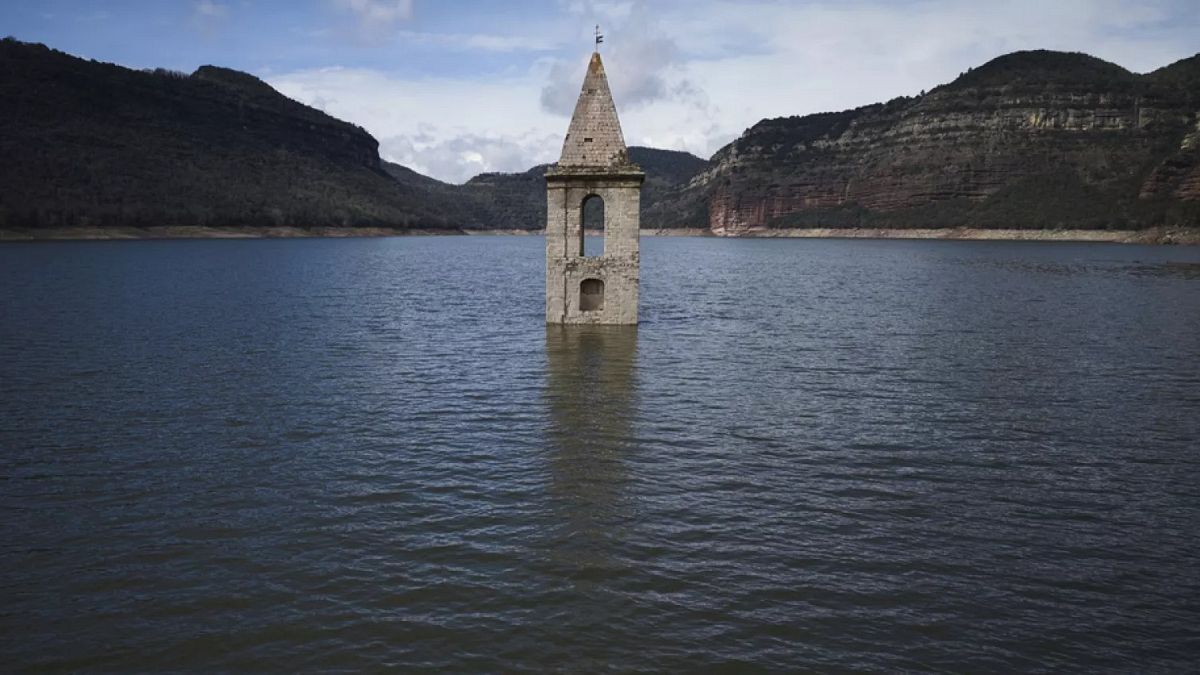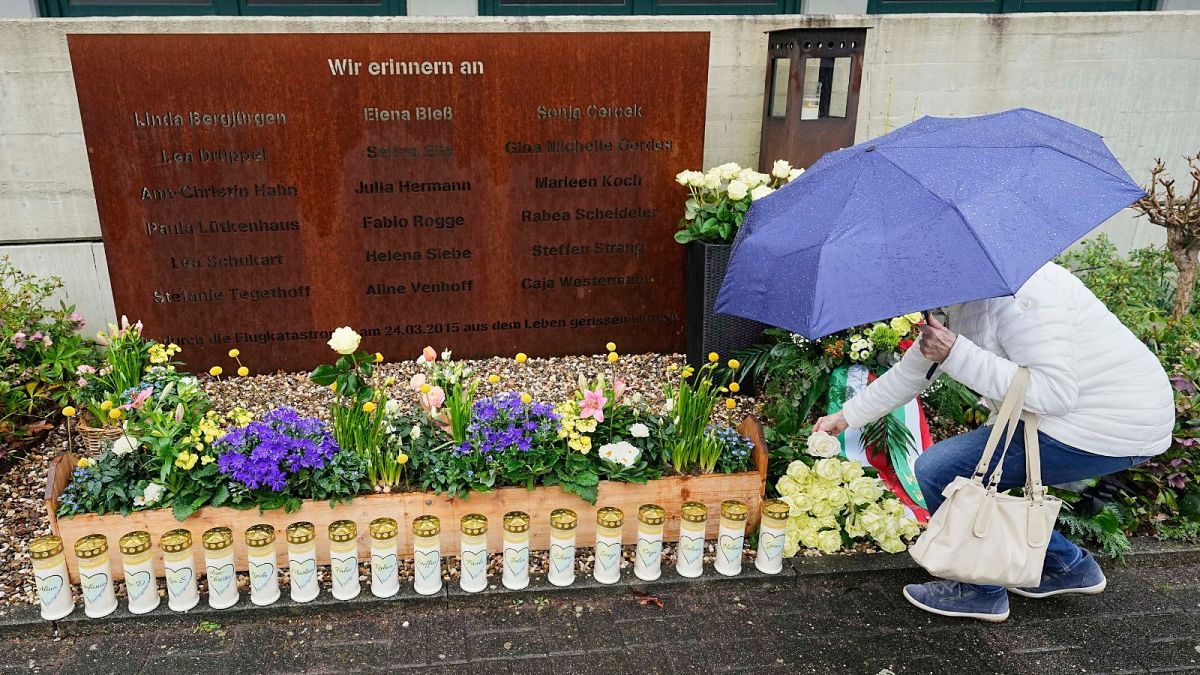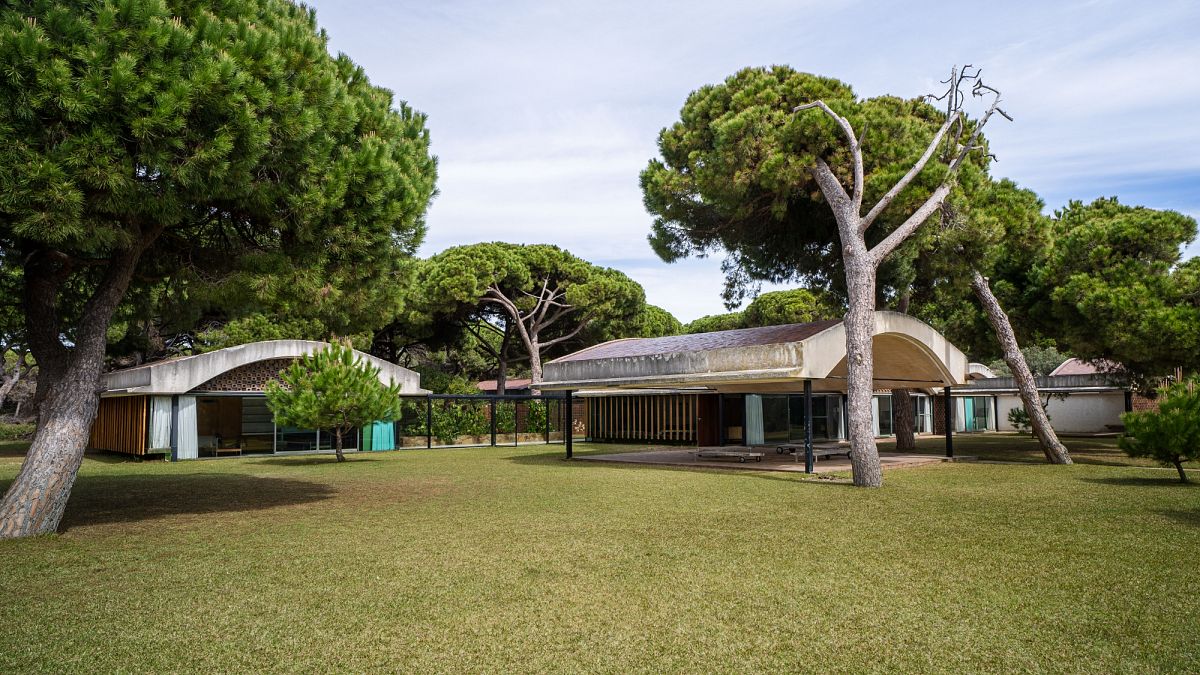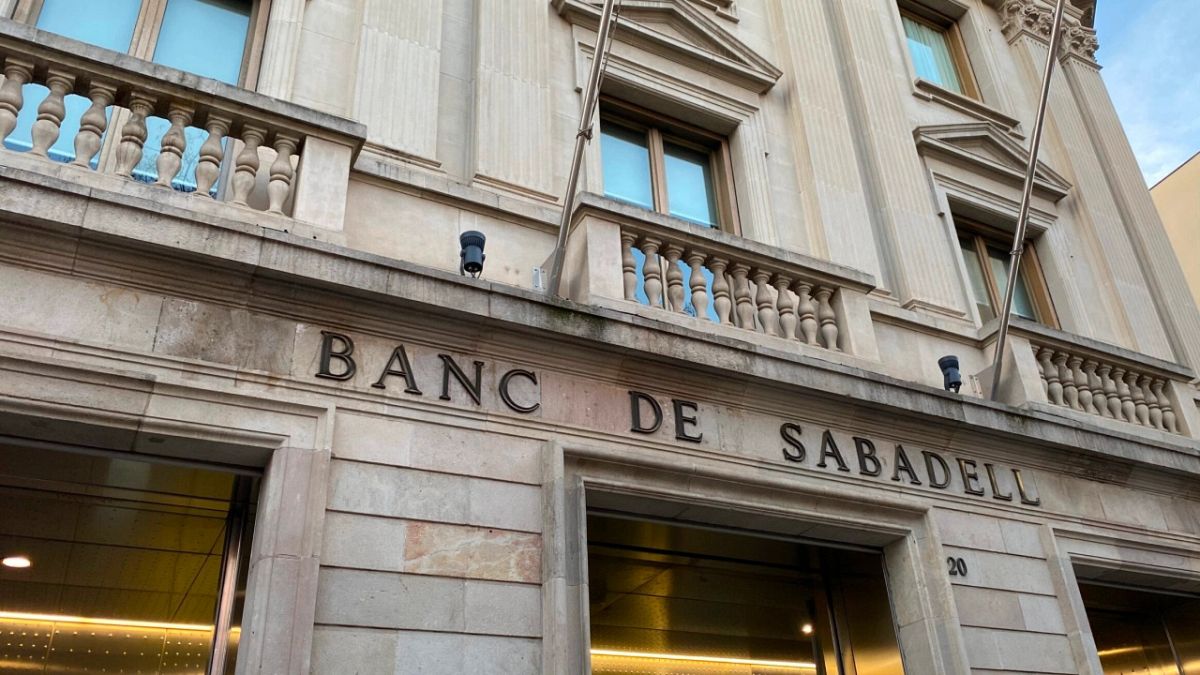Why is Spain one of the few EU voices supporting Palestine?
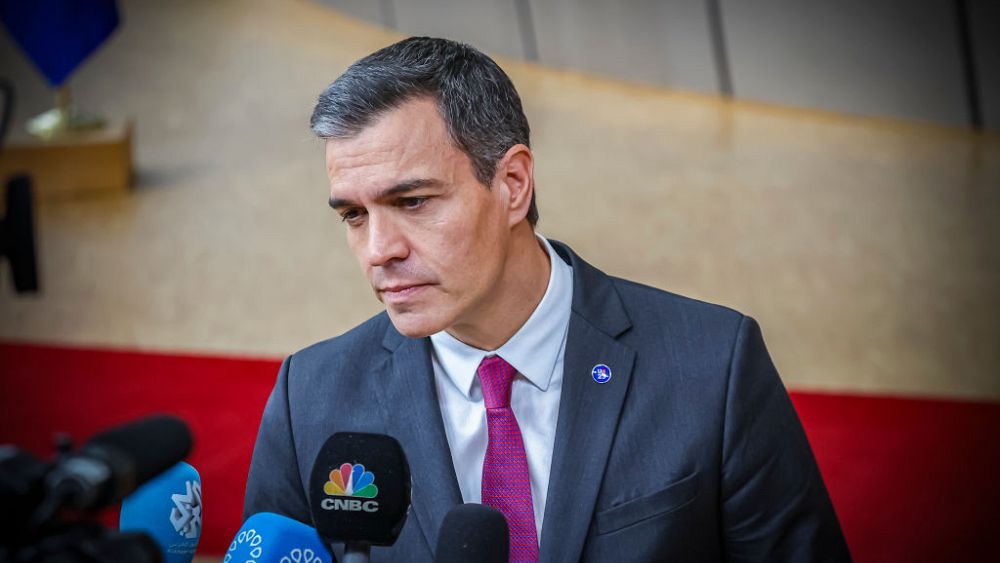
Prime Minister Pedro Sánchez sets off on a tour of the conflict-hit Middle East, positioning his nation as a quasi-ally of Palestine.
Spanish Prime Minister Pedro Sánchez is visiting the Middle East this week but, in the wake of the Israel-Hamas conflict, his trip perhaps won’t be as formulaic as those of other European leaders.
Spain has been historically close to the Arab world and, as such, the nation is actively trying to push a line more favourable to Palestinian aspirations within the European Union.
It’s an approach that Sánchez will likely defend during his visit to the conflict-hit region.
Reappointed just a week ago for a new four-year term, the Prime Minister will meet with his counterparts Prime Minister Benjamin Netanyahu in Israel, and the President of the Palestinian Authority Mahmoud Abbas in the West Bank.
Sánchez will then travel to Egypt, where he will hold meetings with President Abdel Fattah al-Sissi and Ahmed Aboul Gheit, the secretary general of the Arab League.
These encounters provide the Spanish Prime Minister with an opportunity to renew his call for a lasting ceasefire in Gaza as well as the holding of an urgent peace summit.
Spain hopes there will be a political solution to the conflict between Israel and the Palestinians – on the basis of two states.
Why is Spain so outspoken on its recognition of the Palestinian State?
In a speech last Wednesday, Sánchez promised that his new government’s “first commitment” on foreign policy would be to “work in Europe and Spain to recognise the Palestinian state”.
At the same time, he said he was “on the side of Israel” in the face of “the terrorist attack” committed by Hamas on 7 October, but also called on the Jewish state to put an end to the “indiscriminate killing of Palestinians.”
According to Isaías Barreñada, a professor at the Complutense University of Madrid, Sánchez hopes his position will have “a ripple effect” on the rest of the EU.
The stance comes at a time when many Western countries are facing criticism in the Arab world for being seemingly too favourable towards Israel.
In 2014, under a conservative government, the Spanish Parliament adopted a resolution calling for the recognition of the Palestinian state, supported by all political parties.
The vote, though, was non-binding and not followed by any action.
In Europe, several countries have taken this step in a more effective way.
They include Sweden, Hungary, Malta and Romania – but none of the main EU member states have done so, meaning that Spain could become a pioneer.
Earlier this week Josep Borrell, the High Representative of the Union for Foreign Affairs and Security Policy – and a former minister under Sánchez – told El Pais that Spain was a country with “a clearer sympathy for the Arab world”.
A brief history of Spanish-Arab relations
Geographically close to the Maghreb region of North Africa, Spain turned to Arab countries during the Franco dictatorship which ran from 1939 to 1975 in order to circumvent its isolation in the West.
It was not until 1986, however, that the nation established official relations with Israel.
The relatively late date was a consequence of tensions born from the Hebrew State’s opposition to Spain’s entry into the UN at the end of the Second World War, due to its proximity to Nazi Germany.
In 1993, they played a role in the Oslo Accords, through which Israel and the Palestine Liberation Organisation mutually recognised each other as part of the peace process.
Overall, though, Spain remains perceived by many as a pro-Arab country.
At the end of October, a mini-diplomatic crisis even broke out with the Israeli embassy after controversial statements by a far-left Spanish minister who spoke of a “planned genocide” in Gaza.
With much of Europe firmly pro-Israel, though, Isaías Barreñada explains it will be an uphill battle for Sánchez.
“It is difficult to imagine that Spain has the capacity to reorient the European position,” Barreñada tells AFP, but “it can contribute to showing that there are sensitivities within the EU different.”
Source: Euro News



